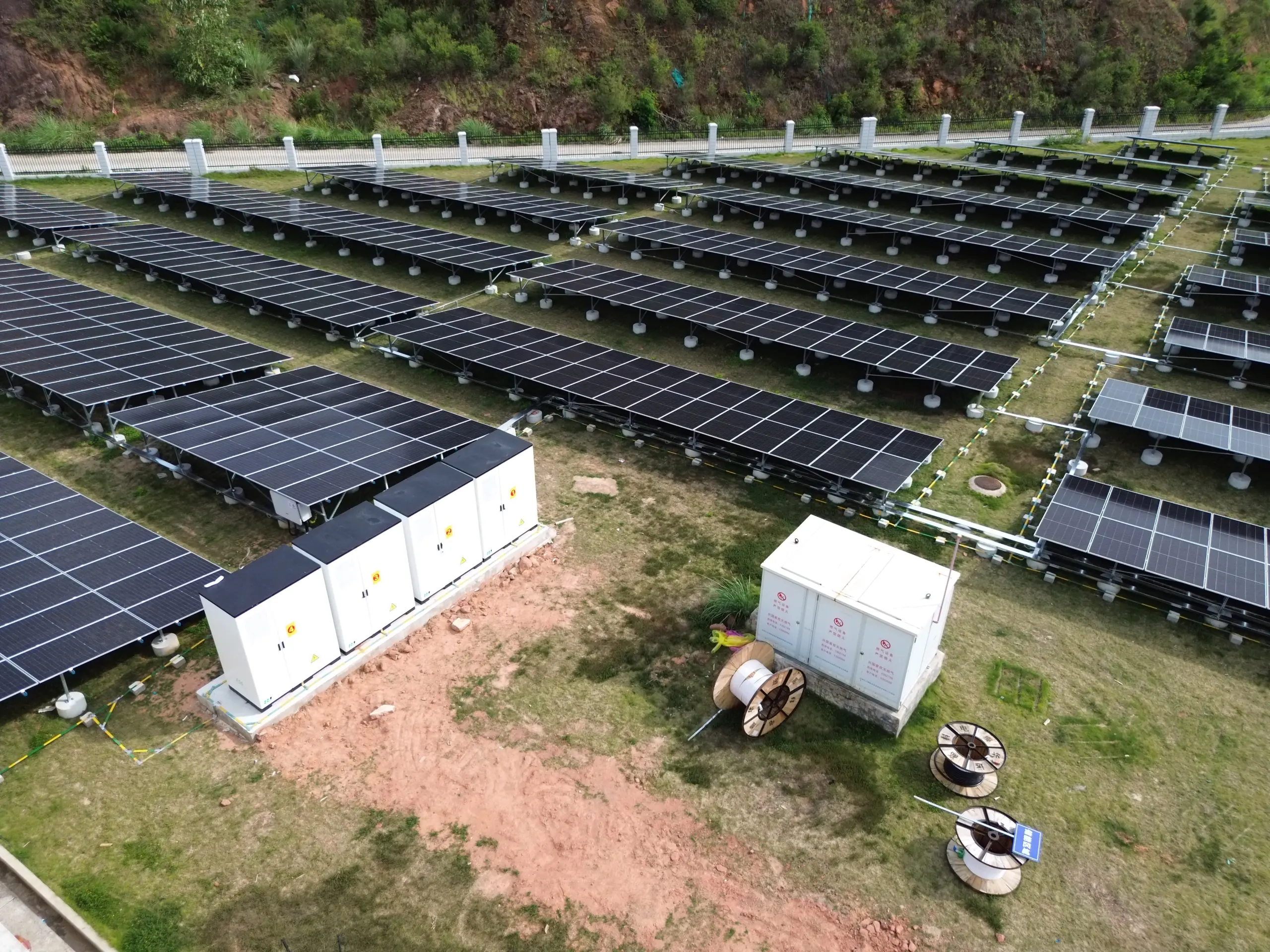Sunlight is perhaps Australia's greatest resource. Its hot sun not only characterizes the continent's unique climate but also offers copious clean energy opportunities. As electricity prices rise and businesses go desperately in search of dependable power, solar power + battery energy storage systems (BESS) are becoming the answer to saving power and lowering costs. So why has this combination sparked an Australian energy storage boom? What are its specific applications and advantages?
Why is solar energy + BESS so popular?
By tradition, businesses heavily rely on grid power. However, electricity prices are quite high and volatile, especially in peak hours, presenting businesses with the burden of electricity costs. Thus, the solar energy + storage combination brings forth a more versatile solution:
Store power during the day, use it at night: Excess solar power produced and not used during the day can be stored in batteries and then discharged at night or peak hours to reduce grid dependency.
Lower operating costs: Peak shaving and load shifting allow businesses to sidestep higher electricity charges.
Energy security: Once grids go down or become unstable, the energy storage system offers backup power to production lines, cold chains, data centers, and more.
Emissions reduction: Using clean energy to help businesses work toward the goals of sustainable development.
It is of prime importance in Australia, where energy demand is high owing to the extreme climate. A steady supply of power is related to productivity and competitiveness.
Different Types of Solar + Battery Energy Storage Systems
The utility of photo voltaic + BESS isn't always a one-size-fits-all approach. Different commercial enterprise sizes, enterprise characteristics, and geographic locations require distinct device potential and design. Common strength storage options include:
Residential and Small Systems
Typical Size: 5-30 kWh
Applications: Small offices, stand-alone shops
Advantages: Simple installation, low cost, and appropriate for light-weight needs.
Commercial Air-Cooled Energy Storage System (ESS)
Typical Size: 100-144 kWh
Applications: Retail chains, agricultural bloodless storage, and industrial parks
Advantages: High warmth dissipation effectiveness and handy maintenance, making it a frequent desire for business customers in Australia.
Industrial Liquid-Cooled Energy Storage System (ESS)
Typical Size: 215 kWh, 372 kWh
Applications: Manufacturing plants, massive industrial complexes
Advantages: High-temperature adaptability, secure performance, and excessive safety.
Containerized Battery Energy Storage System (BESS)
Typical Size: five MWh and above
Applications: Solar energy plants, massive mining sites, and company parks
Advantages: Scalable and mobile, appropriate for large-scale electricity deployment. With the flexibility to select gadget types, agencies can tailor options to their desires and maximize their return on investment.
Typical Applications of Solar + Energy Storage in Australian Enterprises
In Australia, company electricity storage desires span a huge variety of industries, and these various purposes spotlight the versatility of photovoltaic + BESS:
Retail: Supermarket chains use centralized PV + power storage structures to supply unified strength to more than one store, lowering electrical energy costs.
Agriculture: Farms make use of hybrid power storage structures to power irrigation equipment, bloodless storage, and agricultural machinery, addressing energy shortages in far-flung areas.
Commercial Buildings: In workplace constructions and purchasing malls, strength storage structures optimize heating, ventilation, and air conditioning (HVAC) and lighting, attaining each strength financial savings and increased comfort.
Mining and Remote Camps: Utilizing a 5MWh containerized battery power storage device ensures power protection and mitigates the pricey losses related to electricity outages.
These instances reveal not only the flexibility of strength storage but also its significance in Australia's complicated electricity landscape.
Return on Investment and Lifespan
When choosing energy storage, many enterprises prioritize two key factors: cost and lifespan. Payback Period: Due to Australia's high electricity prices and abundant solar resources, the payback period for businesses deploying solar-plus-BESS is typically between three and six years. This period can be even shorter with government subsidies or green financing options.
System Lifespan: Modern lithium batteries (especially lithium iron phosphate (LFP)) typically have a cycle life of over 8,000 cycles, with an actual service life exceeding 15 years. This lifespan can be further extended with liquid cooling.
This means that for most businesses, solar-plus-storage systems are not only an environmentally friendly option but also a guaranteed, profitable medium- to long-term investment.
How to choose the right energy storage system?
Prior to opting for solar-plus-BESS, businesses need to keep the following factors in mind:
Load Analysis: Utilize monitoring of data to determine patterns in electricity usage in order to size system appropriately.
Cooling Method: Choose air cooling or liquid cooling depending on the setting and scope.
Certification and Safety: Verify that the system is up to global standards such as CE, UN38.3, and MSDS.
Scalability: Modular architecture (scalable from 100kWh up to 241kWh) provides for future expansion needs.
Software Integration: Choose a system with EMS/BMS intelligent control for improved management efficiency.
Summary
Australian organizations are in present process of a transformation in their electricity mix. Solar-plus-BESS is now not solely a device for saving electrical energy bills, but also a key to enhancing business competitiveness and attaining green development.
From retail and agriculture to enterprise and mining, strong storage structures can assist agencies attain "less money, more secure electricity." As electricity storage tools fees proceed to decline, the payback duration will end up an increasing number of shorter, and this trend will only intensify in the coming years. If you are thinking about deploying a PV + strength storage machine for your business, please contact us. We can tailor our options to your precise needs, from 100kWh air-cooled structures to 5MWh containerized BESS systems, supporting you reaping power independence and sustainable growth.

